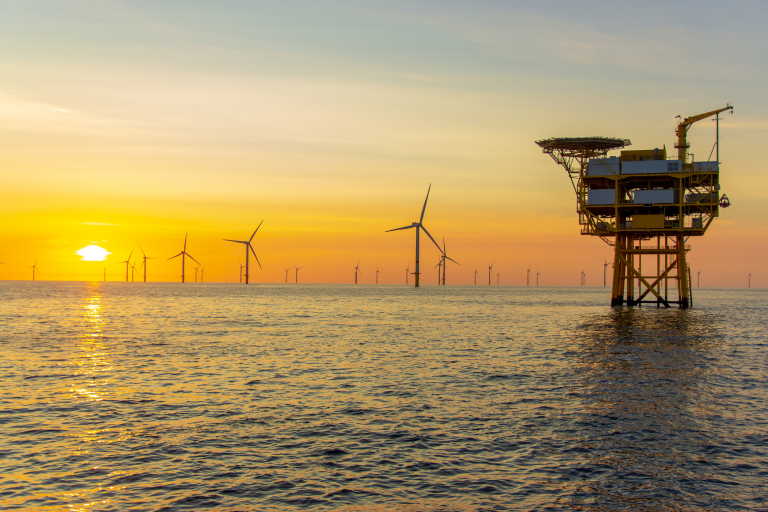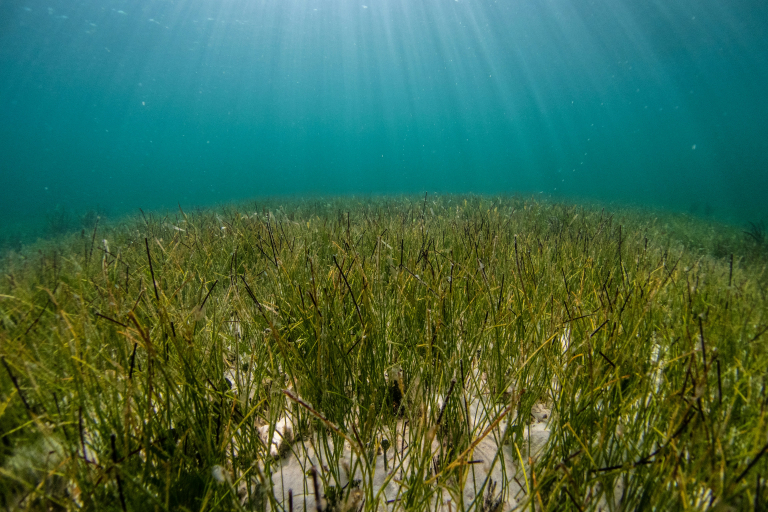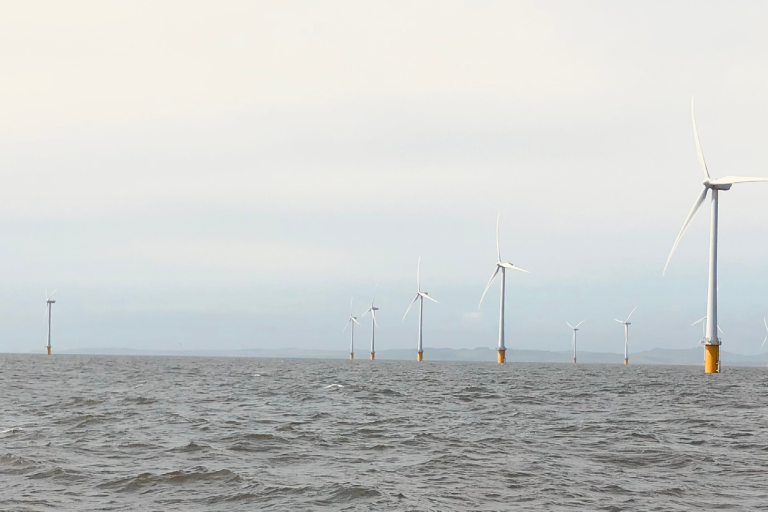The relationship between long-term carbon dioxide storage and legacy oil and gas wells in Scotland’s North Sea is to be explored in a new study sponsored by Crown Estate Scotland.
Researchers from the Lyell Centre for Earth and Marine Sciences - a Heriot-Watt University Global Research Institute - will examine the position of such wells, evaluate their possible impact on Carbon Capture and Storage (CCS) operations, and provide valuable data to help the roll-out of this essential technology to achieve industrial decarbonisation.
To achieve the UK’s net-zero targets, the UK Government is targeting the capture and storage of 20-30 million tons of carbon dioxide per year by 2030, increasing the importance of CCS technology.
Through CCS - a technical and complex process that requires a suite of technologies to capture CO2 from industrial sources and transport it to storage facilities underground - it is estimated that the Scottish North Sea could provide enough storage to prevent up to 53 thousand million tonnes of CO2 being released into the atmosphere. However, full-scale deployment of CCS by licensed operators in the North Sea can only proceed once the implications of historic oil and gas wellbores (termed legacy wells) within and near the underground storage sites are fully understood.
The Engineering and Physical Sciences Research Council (EPSRC) supported project, ‘Towards Evaluating and Managing Risks Associated with Legacy Wells and Offshore Gas Storage in Scotland’, will be led by Lyell Centre PhD candidate Benjamin Pullen. It will examine legacy wells in the North Sea to understand if and where these might complicate forthcoming North Sea Carbon Capture and Storage, and how such uncertainties could be managed.
Lyell Centre researchers will collaborate with operators, regulators, and prospective leaseholders, to gather and analyse data from the North Sea legacy wells to understand how they might influence the containment of stored carbon dioxide.
The research will examine how legacy wells are currently managed for CCS projects with a view to streamlining and optimising the process. Other users of the marine environment who might be impacted by CCS operations, including fisheries, offshore wind farms, and marine renewable energy will also be asked for input to the study.
The information collected by the study will be used to develop tools and a Geographic Information Systems (GIS) database to provide high-quality information. The knowledge gleaned will also help Crown Estate Scotland in its role as manager of property rights for offshore gas storage and to inform decision-making on the deployment of CCS, working alongside key stakeholders.
Lead researcher Benjamin Pullen said:
“CCS has the potential to be a game changer. Everyone wants the UK to be in the best position possible to meet its energy and climate targets. Understanding the caveats brought about by former oil and gas wells is a critical step towards rolling out Carbon Capture and Storage in the Scottish North Sea.”
“This study will form a strong foundation of knowledge on legacy wells in the Scottish North Sea so that safe and secure carbon storage can proceed. If we can contribute understanding towards managing legacy well uncertainties, we’ll have played our part in ensuring CCS deployment can proceed and stop as much carbon from entering the atmosphere as possible.”
Assistant Professor in Applied Geosciences, Dr Aaron Cahill, is the project supervisor. He said:
“Scotland has a long history of extensive oil and gas exploration and production, with a legacy of many thousands of wells drilled in the North Sea since the late 1960s.
“Whilst CCS must play a vital role in mitigating greenhouse gas emissions and combatting climate change, the importance of legacy wells in relation to offshore storage must be thoroughly understood. There is a need for optimised methods and tools, specific to the Scottish offshore environment, that can aid evaluation of legacy wells and their potential impacts on carbon storage. In this project we seek to develop improved tools to help deploy CCS in collaboration with all key stakeholders.”
Scott Ross, Leasing Technical Lead for Crown Estate Scotland, said:
“Carbon Capture and Storage (CCS) is a process offering huge potential to assist efforts to reduce carbon dioxide emissions and decarbonise the UK economy’s hardest to abate sectors.
“Having led the successful ScotWind and INTOG offshore wind leasing rounds, which have resulted in a pipeline of almost 40GW of development projects, we are committed to the development of offshore carbon storage as a vital contributor to achieving net-zero. In our role as the statutory manager of the seabed around Scotland, this project will provide important data to help support the future roll-out of CCS projects and enhance our understanding of the requirements to realise the full potential of CCS.”
Have your say
Academics and professionals with knowledge or experience of working in the oil and gas industry or carbon capture and storage are invited to share their views on legacy wells and risks posed to CCS by completing a short project survey. Data collected will help inform the priority of factors for consideration in a multi-criteria decision analysis.
For more information on the study, please contact Benjamin Pullen from the Lyell Centre: bp2037@hw.ac.uk











